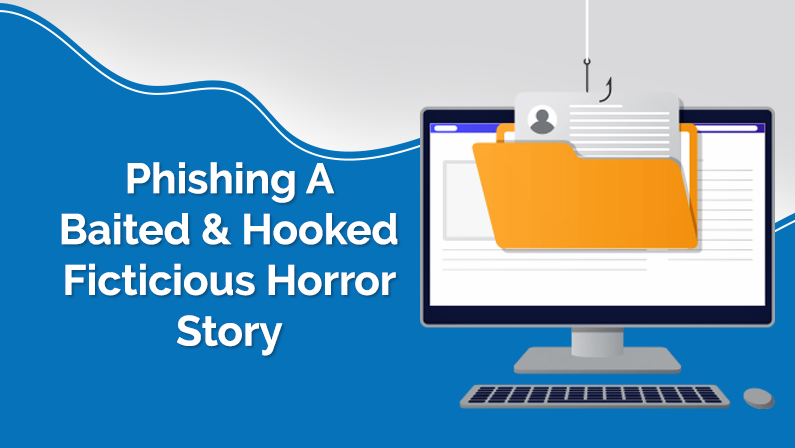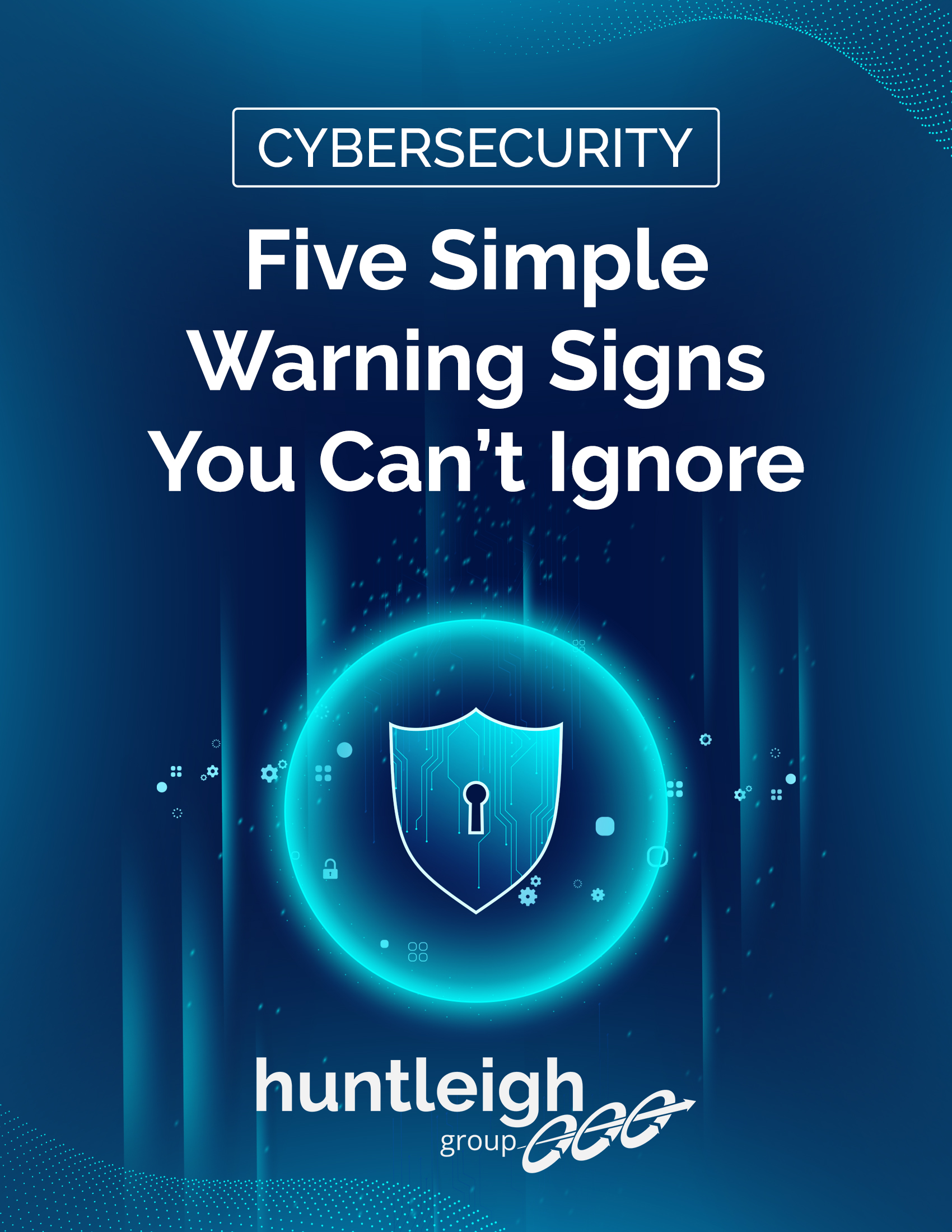**DISCLAIMER** This is a purely fictional story intended to describe, in general, a compilation of real-world events:
It was a sunny morning in the valley. The halls of YourCo Inc., a cutting-edge tech company, echoed with the hum of servers and occasional laughter. Employees streamed in, swiping their badges and quickly settling into their daily rhythms. Little did they know that a single email would soon send ripples through the corporate world, revealing a gaping vulnerability that many companies, even the biggest ones, were unaware they had.
In the marketing department, Sarah, a young executive, sifted through her morning deluge of emails. Sandwiched between meeting requests and project updates was an innocuous-looking message. The subject read: “URGENT: Confirm Your HR Details for Bonus Distribution”. The email, seemingly from the HR department, asked employees to verify their bank details by clicking on a link. Wanting to ensure she received her bonus, Sarah clicked on it without a second thought.
Sarah wasn’t alone. Across the hall in finance, Raj, a meticulous accountant with a keen eye for detail, fell for the same bait. By noon, over 60% of YourCo’s staff had clicked on the fraudulent link.
The reality of the situation was grim. YourCo hadn’t sent that email. A sophisticated group of cybercriminals had. And with every click, these hackers gained access to personal and financial details, not just of the employees, but also of YourCo’s global clientele.
News of the breach spread like wildfire. YourCo’s stock price plummeted. Clients began pulling out of contracts, and overnight, a tech giant was brought to its knees, not by a competitor, but by a single, well-crafted email.
But YourCo wasn’t alone. Over the next month, similar stories emerged from major companies all over the globe, including a prominent bank, a renowned hospital chain, and a global retailer. Each had a unique story, but the culprit was the same: phishing.
The corporate world was in chaos. How could companies, with their advanced firewalls and security protocols, fall victim to such simple scams? The answer lay in human psychology. Phishing attacks preyed on emotions, urgency, and the trust employees placed in their colleagues and superiors.
The aftermath was a painful awakening for the business world. It wasn’t enough to have state-of-the-art security systems. Companies needed to invest in educating their workforce about the dangers of phishing.
The tide began to turn when CySafe, a cybersecurity startup, launched a comprehensive “Phishing Awareness” campaign. Using simulations, workshops, and real-world case studies, they highlighted the subtle signs of phishing emails and equipped employees with tools to combat them.
By the end of the year, the number of phishing-related breaches had reduced significantly. But the scars remained. YourCo, once a titan in its field, was acquired by a competitor for a fraction of its former valuation. The phishing attack had not only drained its financial resources but had irreparably damaged its reputation.
However, out of this crisis emerged a renewed emphasis on cybersecurity education. Companies across the spectrum realized that their greatest asset – their employees – could also be their most significant vulnerability if not adequately informed.
The phishing epidemic of that year serves as a stark reminder: In the digital age, the line between success and downfall is often just one click away. And sometimes, the biggest threats are not the ones we can code against, but those that exploit the very human nature of trust.





